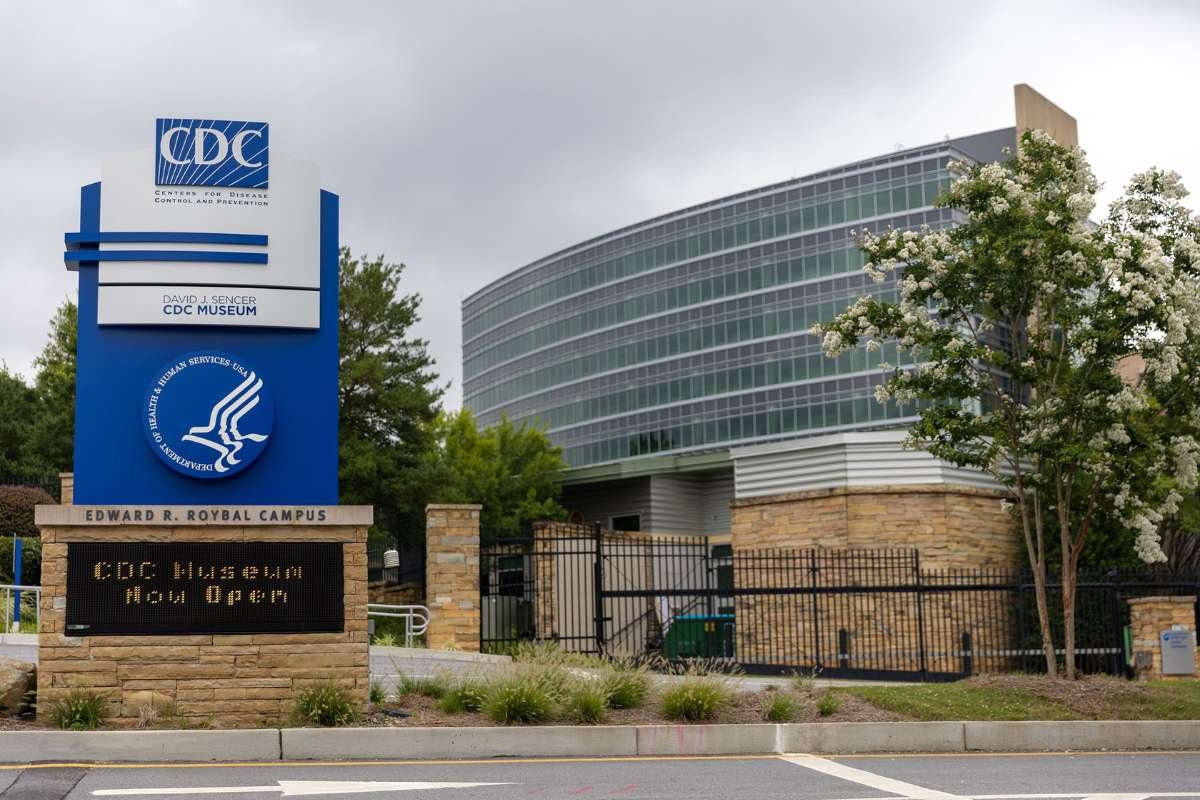As one ages, health issues start to become more and more prominent, and with it also the preventive measures to take care of health. One of them all that brings out the nervousness is that of cancer screening. Regular cancer screening makes up for a crucial part of the preventive healthcare routines. The logic is, that the earlier it is detected, the better it is to treat it!
However, when it comes to older adults, cancer screening can be a bit more complex and can come with its risks. This article explores the importance of cancer screenings for older adults, and the risks associated with excessive screening, and offers advice on how to strike a balance to ensure optimal health in your later years.
The Importance of Cancer Screenings
Cancer screenings are an invaluable tool in the fight against cancer. They aim to detect cancer in individuals who may not yet show symptoms, allowing for earlier diagnosis and intervention. Early detection often means more treatment options and better outcomes. However, the key to successful cancer screening is to align the screening recommendations with an individual’s age, overall health, and risk factors.
Understanding the Risks of Over-Screening
While cancer screenings are crucial, there is a point at which they can become counterproductive, particularly for older adults. Here are some risks associated with over-screening:
1. False Positives
Over-screening can lead to an increased likelihood of false-positive results. A false positive occurs when a screening test suggests the presence of cancer when there is none. This can trigger unnecessary anxiety, further tests, and sometimes invasive procedures, all of which carry their own risks.
2. Overdiagnosis

Some cancers grow so slowly that they might never cause any harm during an individual’s lifetime. Overdiagnosis refers to the detection and potential treatment of these cancers that would have otherwise never caused any health issues.
3. Overtreatment
If cancer is detected through screening but is unlikely to affect an individual’s life expectancy, aggressive treatments may do more harm than good. Overtreatment can lead to side effects, complications, and reduced quality of life.
4. Healthcare Costs
Excessive screening can place a considerable burden on the healthcare system and patients’ wallets. Unnecessary tests and treatments can drive up healthcare costs, leading to higher insurance premiums and out-of-pocket expenses for older adults.
5. Emotional and Psychological Impact
False-positive results, overdiagnosis, and overtreatment can all have a significant emotional and psychological impact, causing stress, anxiety, and uncertainty.
Balancing Cancer Screenings for Older Adults
Now, let’s delve into the types of cancer screenings that are relevant for older adults and offer advice on how to strike the right balance:
1. Colon Cancer Screening
Colorectal cancer is the third most common cancer in the United States. For adults aged 45 to 75, regular screening, such as colonoscopies, fecal occult blood tests, or sigmoidoscopies, is recommended. Beyond the age of 75, the decision to continue screening should be based on an individual’s overall health and life expectancy.
2. Breast Cancer Screening
Mammograms are crucial for detecting breast cancer. The American Cancer Society recommends that women continue to receive mammograms every two years between the ages of 55 and 74. Beyond 75, women should discuss their screening preferences with their healthcare providers.
3. Prostate Cancer Screening
The decision to screen for prostate cancer remains a subject of discussion. While the PSA (prostate-specific antigen) blood test is available, its use should be based on individual risk factors, including age, race, and family history. Older adults should discuss the pros and cons of screening with their healthcare providers.
4. Lung Cancer Screening

Lung cancer screening with low-dose computed tomography (LDCT) is recommended for individuals aged 50 to 80 who have a history of heavy smoking. Beyond 80, the benefits of screening may decrease. Again, the decision should be based on individual health and smoking history.
5. Cervical Cancer Screening
The need for cervical cancer screening in older adults depends on their screening history. If a woman has had regular screenings with normal results, she may safely discontinue screening after the age of 65.
6. Skin Cancer Screening
Skin cancer screenings are relevant for people of all ages, as skin cancer can develop at any time. Regular self-examinations and annual skin checks by a dermatologist can help detect skin cancer early.
Key Considerations for Older Adults
In addition to the specific guidelines mentioned above, older adults should keep the following considerations in mind:
1. Individualized Approach
Healthcare is not one-size-fits-all. Older adults should work closely with their healthcare providers to determine the most appropriate screening schedule based on their unique health history, family history, and risk factors.
2. Life Expectancy
Consideration of life expectancy is crucial. If an older adult has a limited life expectancy due to age or underlying health conditions, they may benefit more from maintaining their quality of life than from aggressive cancer screenings.
3. Shared Decision-Making
Older adults should engage in shared decision-making with their healthcare providers. This means discussing the benefits, risks, and potential consequences of cancer screenings to make informed choices.
4. Continued Healthy Lifestyle
The best approach to cancer prevention for older adults is to maintain a healthy lifestyle. This includes eating a balanced diet, staying physically active, avoiding tobacco and excessive alcohol consumption, and protecting the skin from sun exposure. These lifestyle choices can significantly reduce the risk of developing cancer.
5. Regular Health Check-Ups

While cancer screenings are essential, they are just one part of overall health management. Regular health check-ups are vital for older adults to monitor various health aspects, including blood pressure, cholesterol levels, and chronic conditions like diabetes. These check-ups help identify and manage risk factors that may contribute to cancer or other health issues.
6. Family History
A family history of cancer can significantly influence an individual’s risk. Older adults should inform their healthcare providers about any family history of cancer, as it may warrant more frequent or specific screenings.
7. Stay Informed
The field of cancer research and screening guidelines is continually evolving. Older adults should stay informed about the latest recommendations and advancements in cancer screening. Engaging in regular conversations with healthcare providers can help ensure they receive the most up-to-date information.
Conclusion
In conclusion, cancer screening is a huge part of preventive healthcare, even for older adults. However, the approach to cancer screening should be modified according to the unique challenges of each individual, considering factors like age, overall health, and other risk factors.
Especially for older adults, should keep an open dialogue and transparent communication with their caretakers or healthcare providers to strike the right balance between early detection and the potential risks that come with excessive screening. Ultimately, the goal is to optimize their health, quality of life, and peace of mind in their later years.

Top 10 Facts About Breast Cancer Treatment and Prevention
If you ask the question, “Which is the most deadly disease in the world?” to people, many of them will answer cancer. Rightfully so, cancer has been one of the most feared diseases of late.








